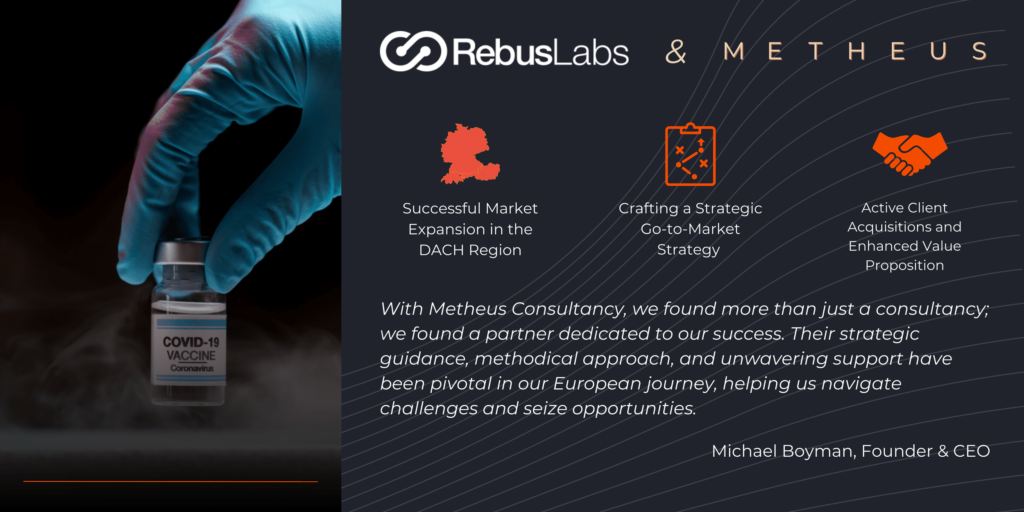Differences Between B2B and B2C Marketing
Understanding the differences between B2B (Business-to-Business) and B2C (Business-to-Consumer) marketing is of fundamental importance when developing your marketing strategy. These two target audiences are quite distinct, so the strategies and tactics you employ to reach them will also vary in diversity.
In today’s digital landscape, the goal of B2C marketing is to swiftly guide potential consumers into the sales funnel. Meeting the customer where they are and facilitating their purchases is the primary objective.
The B2B sales cycle is significantly more complex compared to B2C. There are many intricacies to the B2B journey, with numerous parties and stakeholders involved in the decision-making process.
In this article, we will explore the fundamental differences between B2B and B2C marketing. We hope you enjoy the read.
What is B2B?
B2B, short for “Business-to-Business,” refers to marketing that involves transactions and activities between businesses. B2B encompasses the trade and marketing efforts of one business providing products, services, or solutions to other businesses. In B2B marketing, one business targets other businesses, often establishing business relationships through professionals, managers, and experts, and it may involve large-scale business deals.
For example, a software company may offer software solutions to other businesses to improve their operational processes. B2B marketing involves inter-business agreements that tend to be more complex, customized, and geared toward long-term business relationships. As a result, this type of marketing often includes longer sales cycles and more decision-makers.
What is B2C?
B2C, an abbreviation for “Business-to-Consumer,” refers to marketing that involves transactions and activities between businesses and individual consumers. B2C encompasses the trade and marketing efforts of a business that aims to provide products, services, or various solutions directly to end consumers. In B2C marketing, a business targets individuals or households and presents its products or services to the general consumer audience.
For example, a clothing store or an online retailer directly offers clothing products to individual consumers. In B2C marketing, sales processes are typically shorter and faster, and consumers often make purchase decisions personally. This type of marketing focuses on consumer loyalty, brand awareness, and personal preferences.
Key Differences in B2B and B2C Marketing
1) Target Audience
B2B (Business-to-Business) Marketing Target Audience:
-
Businesses: B2B marketing targets businesses. Businesses engaged in B2B marketing seek products or services that meet the needs of other brands. For example, a software company can offer software solutions to improve business processes for other businesses.
Details of the Target Audience:
-
Decision-Making Roles: In B2B marketing, individuals influencing purchasing decisions are typically professionals or top-level executives within the business. These decision-makers are experts in their field and are often involved in more complex and long-term agreements.
-
Relationship-Focused: B2B marketing emphasizes building long-term business relationships. This involves establishing trust, gaining customer loyalty, and promoting repeat collaborations.
-
Niche Focus for Marketing: In B2B marketing, products or services are often customized or specialized for a specific industry or niche. This enhances the ability to better address the specific needs of businesses.
B2C (Business-to-Consumer) Marketing Target Audience:
-
Individuals: B2C marketing focuses on end consumers. This means that products or services are designed and offered directly to individuals. For example, clothing stores or online retailers aim to meet the clothing needs of individuals.
Details of the Target Audience:
-
Personal Decision-Making: In B2C marketing, purchase decisions are typically made personally by individuals. Consumers make decisions to buy or not buy products or services themselves, and this process is more emotional and personal.
-
Brand Loyalty: Brand loyalty is essential in B2C marketing. Consumers can develop loyalty to a brand or product, so building brand awareness and brand image plays a significant role.
-
Focus on a Broad Audience: B2C marketing places importance on reaching a wide consumer audience. Therefore, marketing strategies often target broader demographics and may involve larger marketing campaigns.
2) Communication Tone
B2B (Business-to-Business) Marketing Communication Tone:
-
More Formal: Communication in B2B marketing often employs a more formal language and tone. Given the seriousness and complexity of business deals among professionals, a formal tone is more common.
-
Informative and Educational: In B2B marketing, communication typically delves into the technical details of the product or service and aims to inform businesses. Providing education on how customers can improve their businesses or increase efficiency is essential.
-
Professionalism: Business relationships between companies are often long-term and collaboration-based. Therefore, establishing professionalism and trust is crucial. Communication is conducted professionally in accordance with the expectations of the business world.
B2C (Business-to-Consumer) Marketing Communication Tone:
-
More Emotional and Creative: Communication in B2C marketing tends to appeal more emotionally to consumers. Advertisements and campaigns aim to evoke consumer emotions and make products more appealing.
-
Easy to Understand: B2C communication is often done in simpler and more straightforward language. Since the target consumer audience is broader, making the communication as easy to understand as possible is important.
-
Consumer-Centric: B2C marketing focuses on the needs and desires of consumers. Emphasis is placed on how the product or service will satisfy consumers and improve their lives.
-
Brand and Product Experience: Consumer marketing values brand loyalty and experience. Communication aims to encourage the brand to establish a personal connection.
Sales Strategies
B2C campaigns can turn anyone interested in the product into their target audience, even if they are not intended buyers. For example, a product designed for children can identify decision-makers as its target audience and guide them to make a purchase.
B2C companies have a broad network structure and can expect a strong return on investment (ROI) from their campaigns, even if they don’t have intended buyers. However, the same advantage might not apply to B2B brands. This is because products in B2B marketing are for businesses, and there are far fewer businesses than there are individuals in any demographic group.
Specificity is crucial for both types, but when selecting a target audience in B2B marketing, one should delve deeper into niches, considering factors such as industry, business size, approximate revenue, and more.
Sales Volume to Achieve Goals
B2C products are sold within a lower price range. Therefore, they require a significant number of sales to reach their goals. This often reflects the necessity for frequency and diversity in marketing efforts. The B2C channels they utilize cater to a broad audience. Podcast ads, social media ads, and billboards are some of the best examples of this.
On the other hand, B2B products are sold at a higher price point and require less, but more customized targeting to generate profit. Such campaigns focus on the quality of reaching the right customer, not the number of impressions. Even though B2B marketers may target individual decision-makers within a specific company, they still benefit from a company that possesses more financial resources than an individual.
Decision-Making Timeline
In B2B and B2C marketing, advertisements should encourage customers to take the next step. The real difference lies here. For B2C audiences, the next step could be a purchase, while B2B buyers typically have a much longer decision-making timeline.
For B2C, consumers must see an ad and decide whether they like the product enough to determine whether they will buy it in a store or online. Additional research may be conducted. However, actions like reading reviews or watching product videos on YouTube have a much quicker turnaround compared to B2B purchases.
B2B brands may involve various decision-makers in the purchase process. Several budget approvals and negotiations typically occur between the initial ad view and the final purchase, often starting from the very first step of the business.
Emotion and Logic
B2C marketing, especially in cases of quick purchases, relies on appealing to emotions to make decisions. This often requires their content to be more entertaining or enjoyable. Think of TikTok and YouTube videos, social media sponsorships, and influencer collaborations.
For B2B, marketers want to move their customers to the next stage of the sales funnel. This can involve anything from offering a free promotion to starting a subscription. B2B marketers must consider which campaigns will target specific parts of the marketing funnel. This helps them deliver the right message to the right audience at the right time.
In conclusion, there are significant and distinct differences between B2B marketing and B2C marketing. While a business owner can handle B2C marketing on their own and create their own campaigns, B2B marketing requires extensive research, detailed targeting, budget management, and intricate relationship building. When done correctly, B2B marketing, which can yield substantial positive results, should be entrusted to professionals who can manage the entire process from start to finish.
With Metheus Consultancy, our expert consultants are ready to develop and customize solutions to meet your B2B customer journey needs and accelerate your path to success. Contact us today to take your business to a significant level of achievement!





